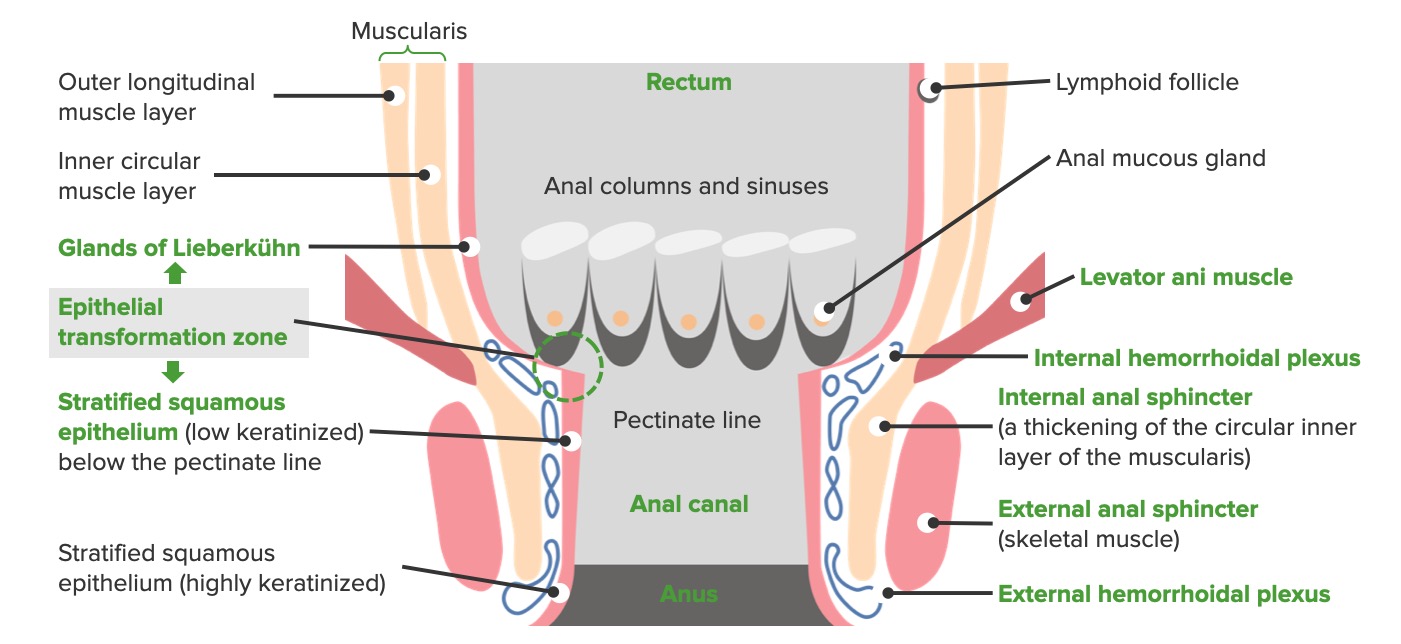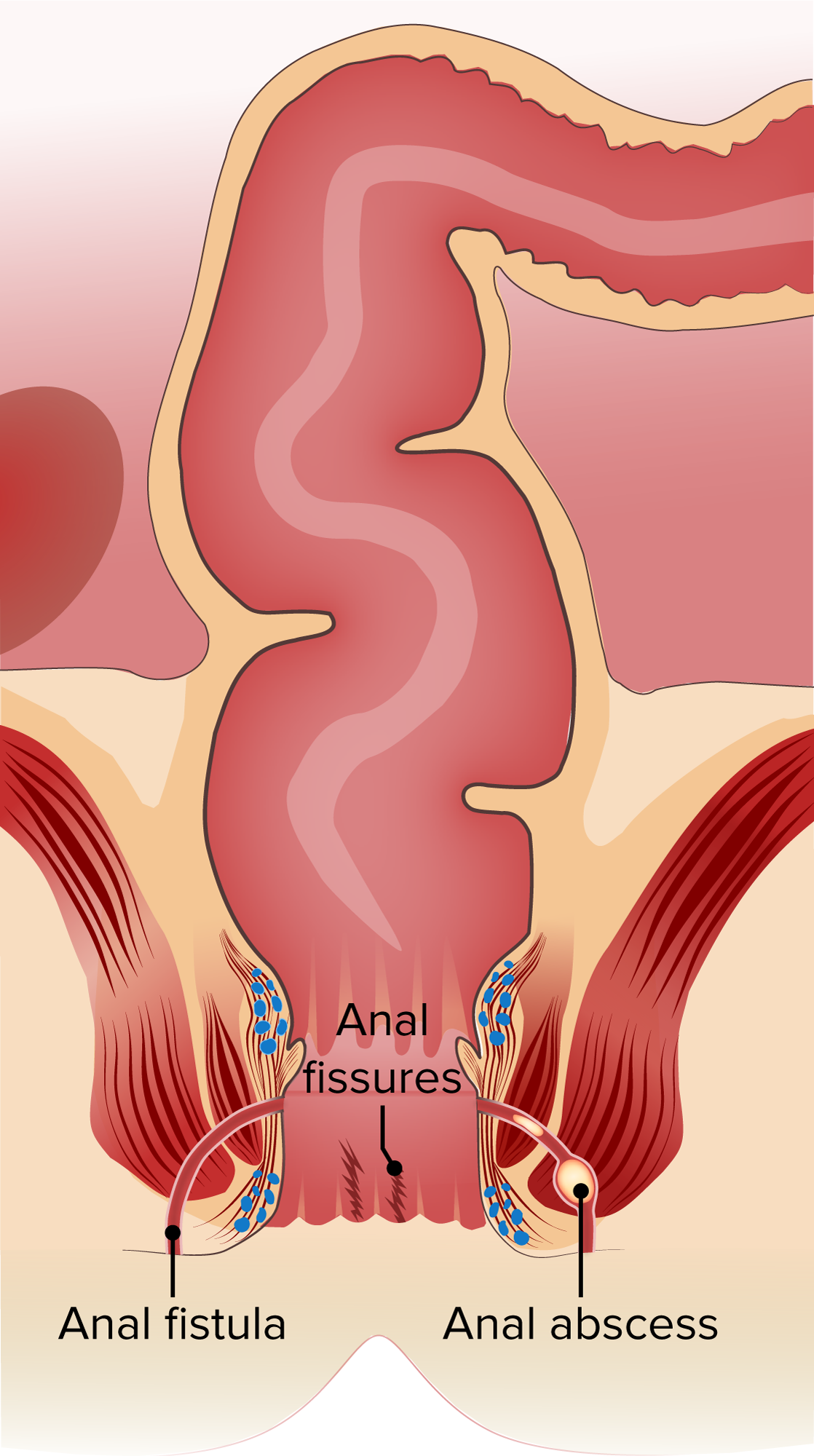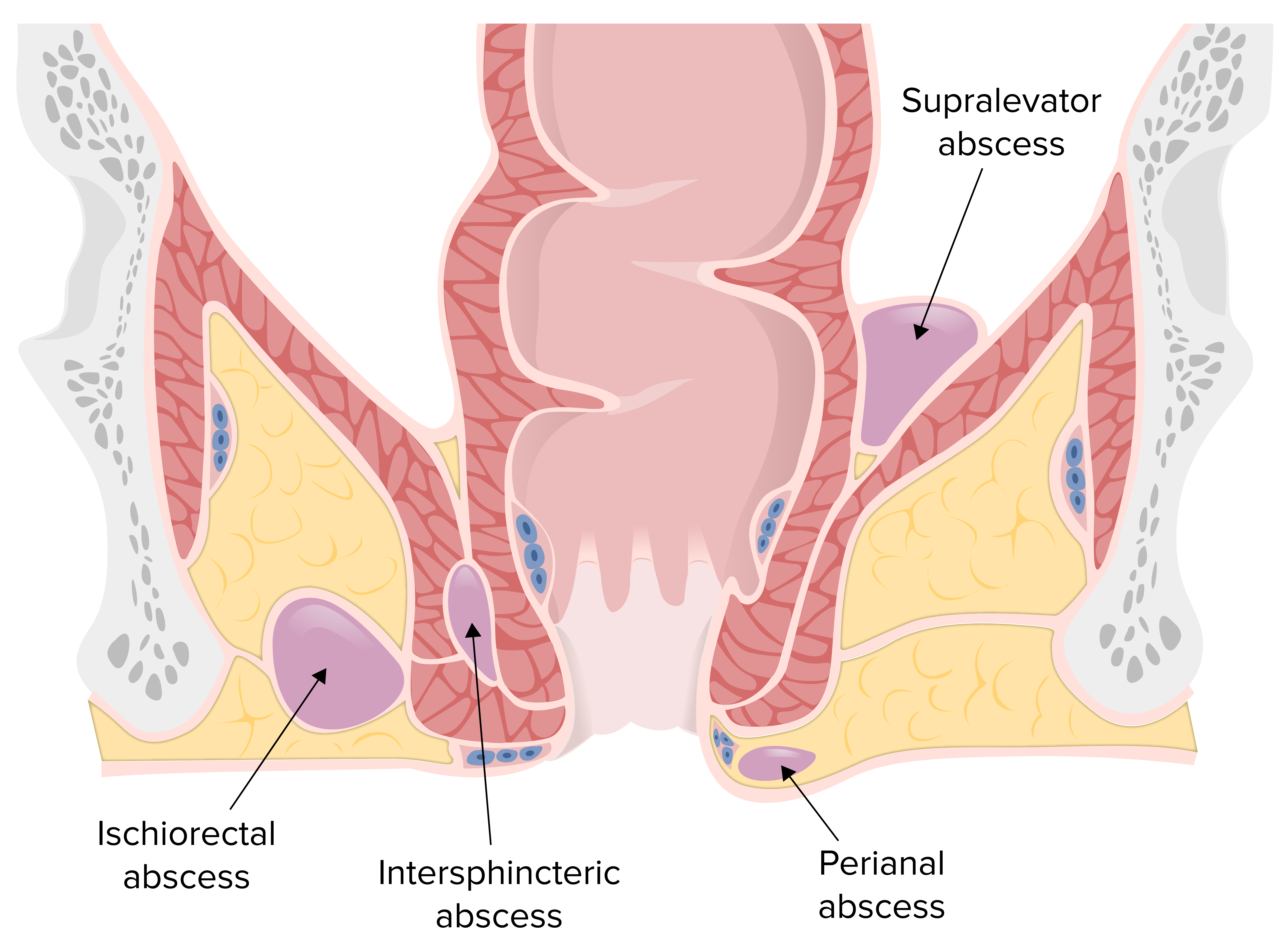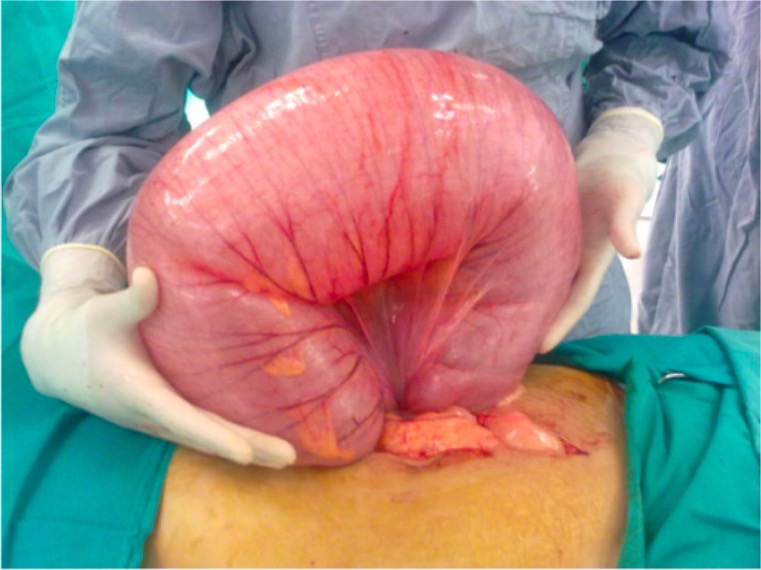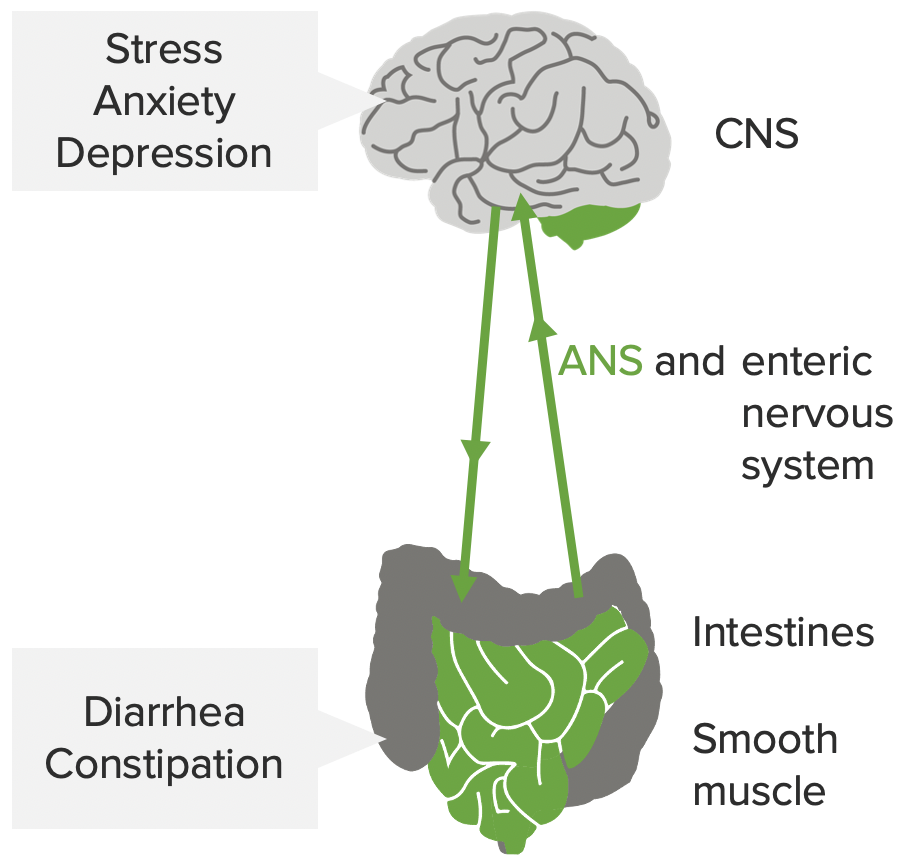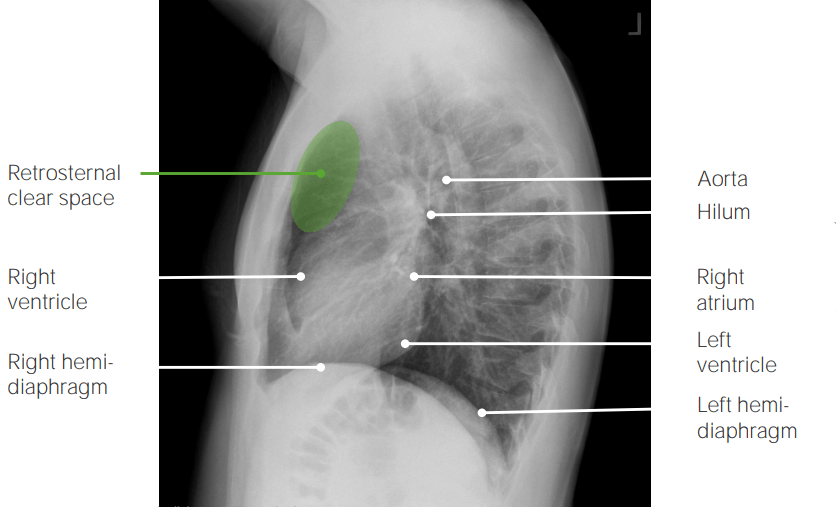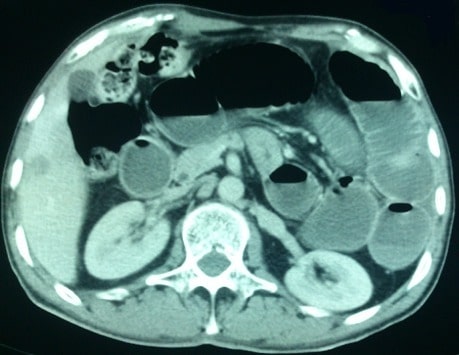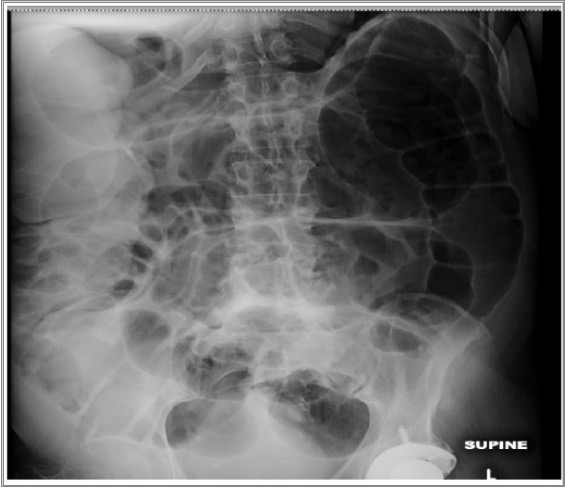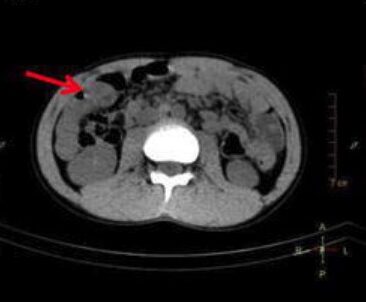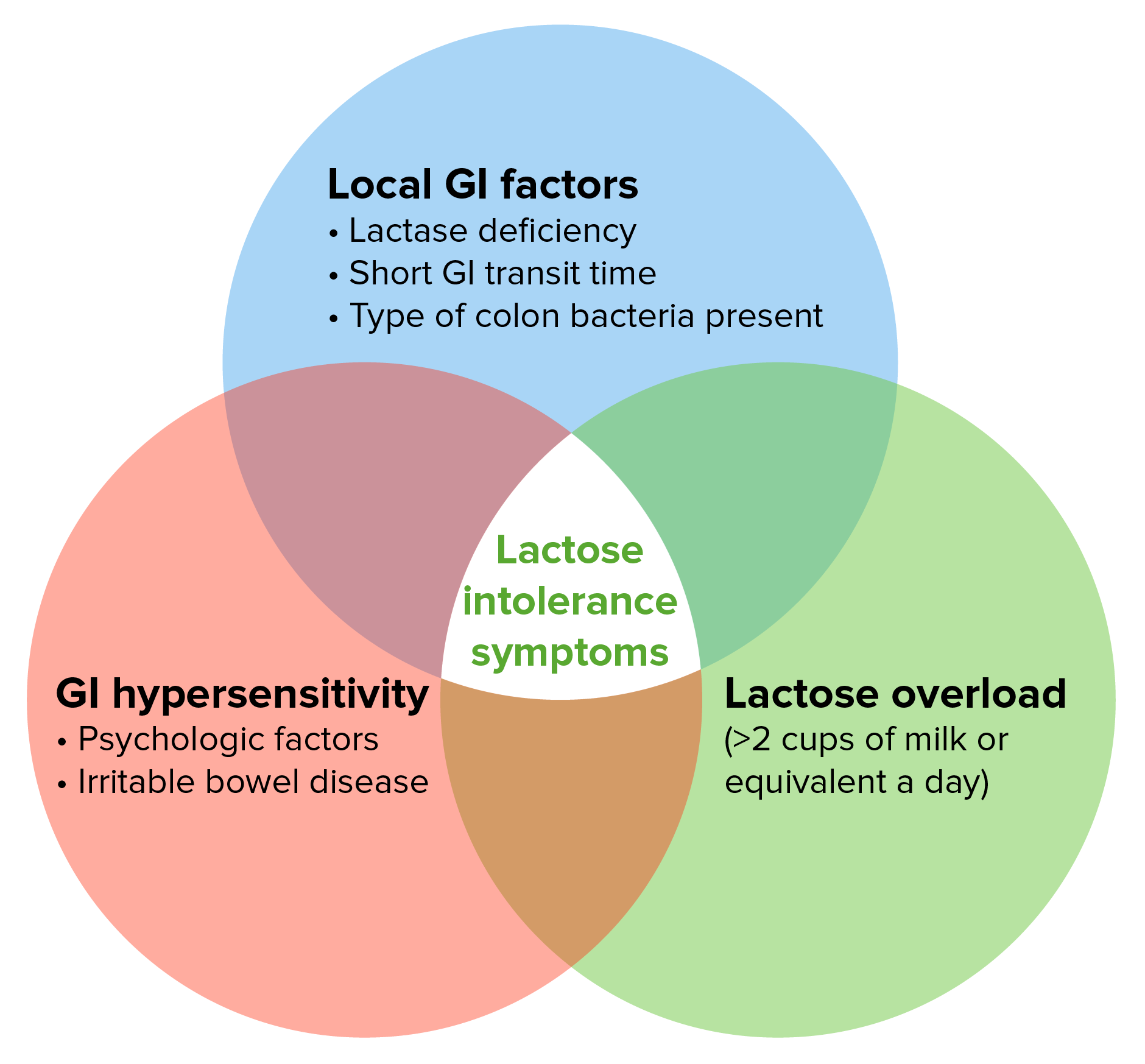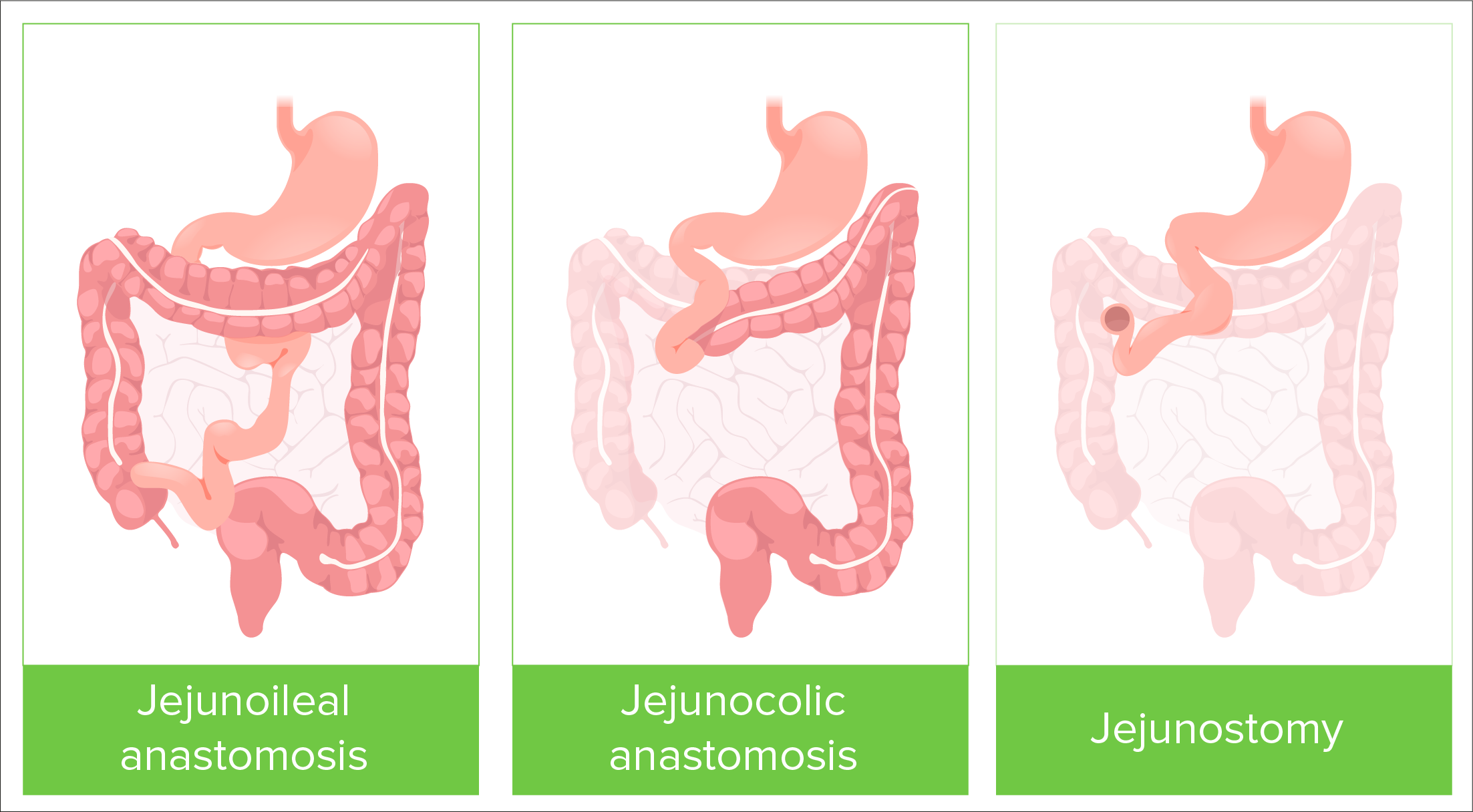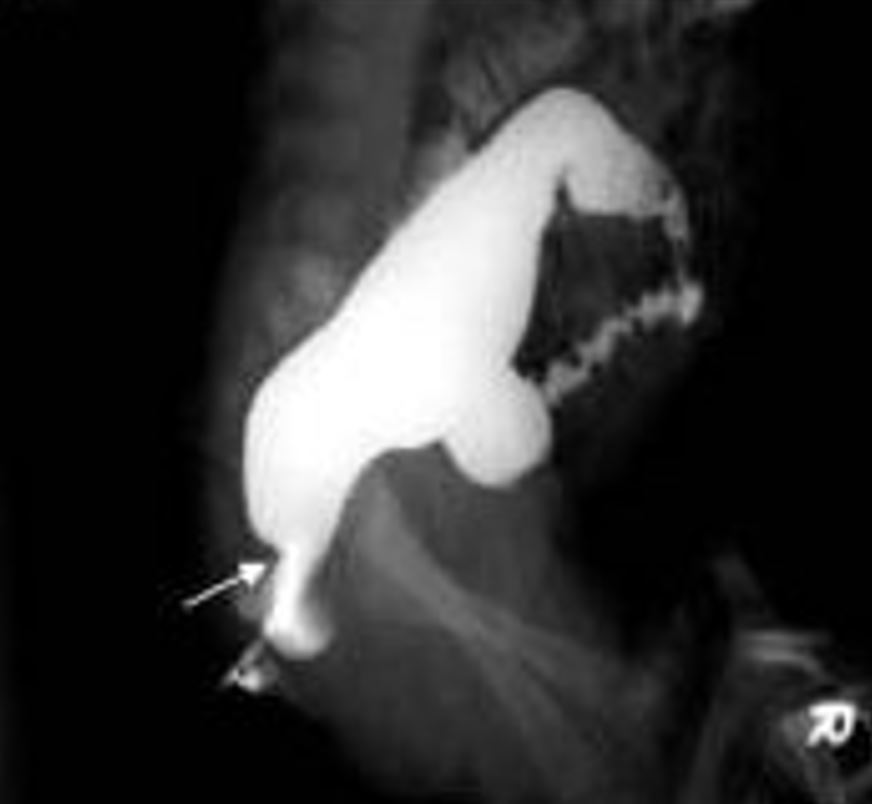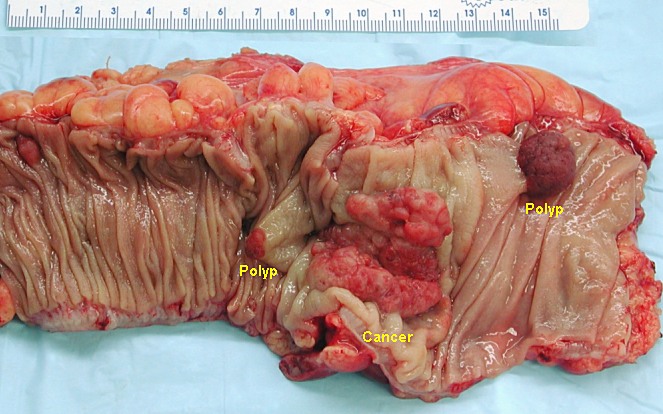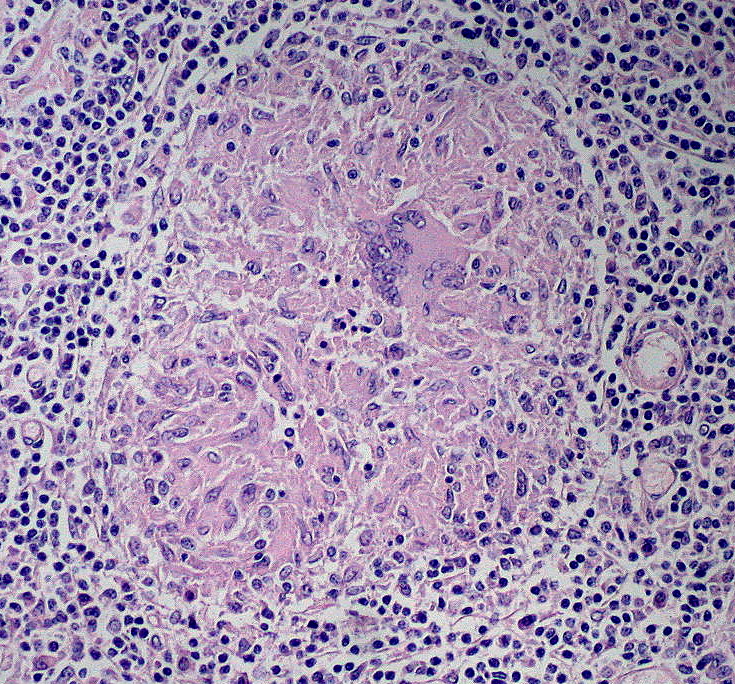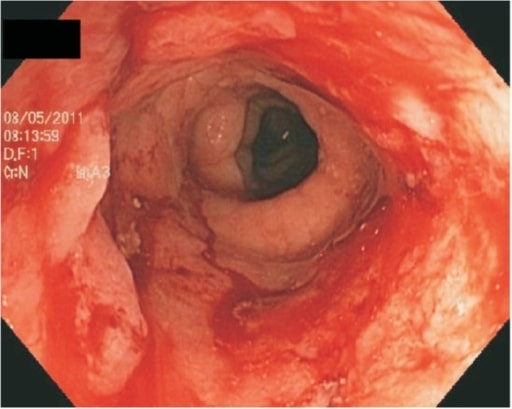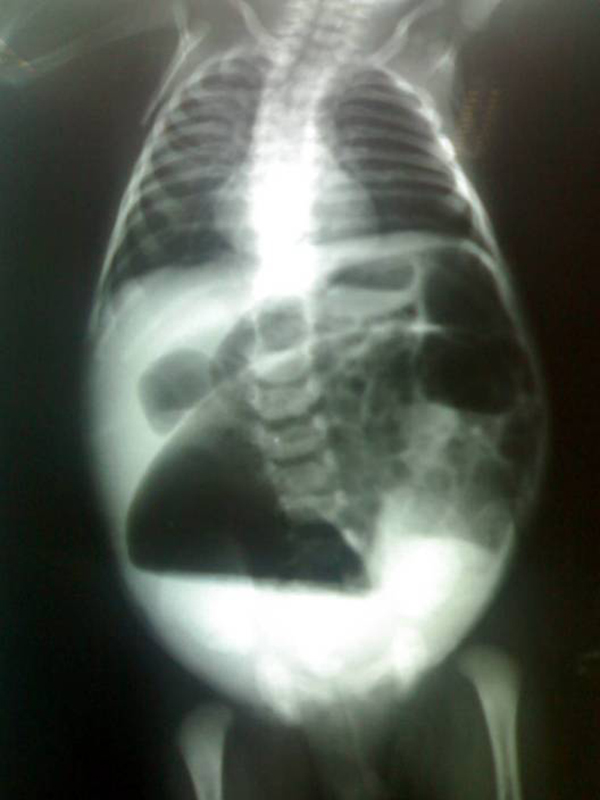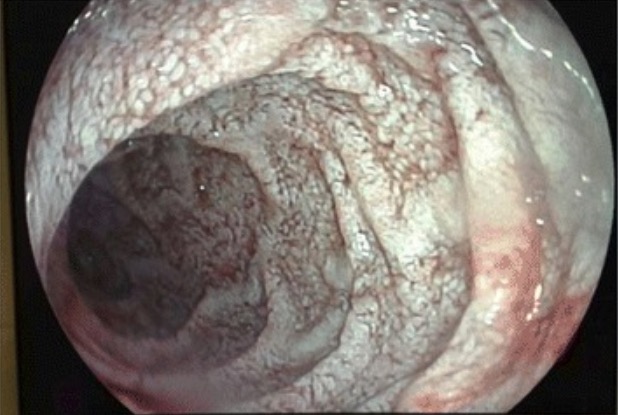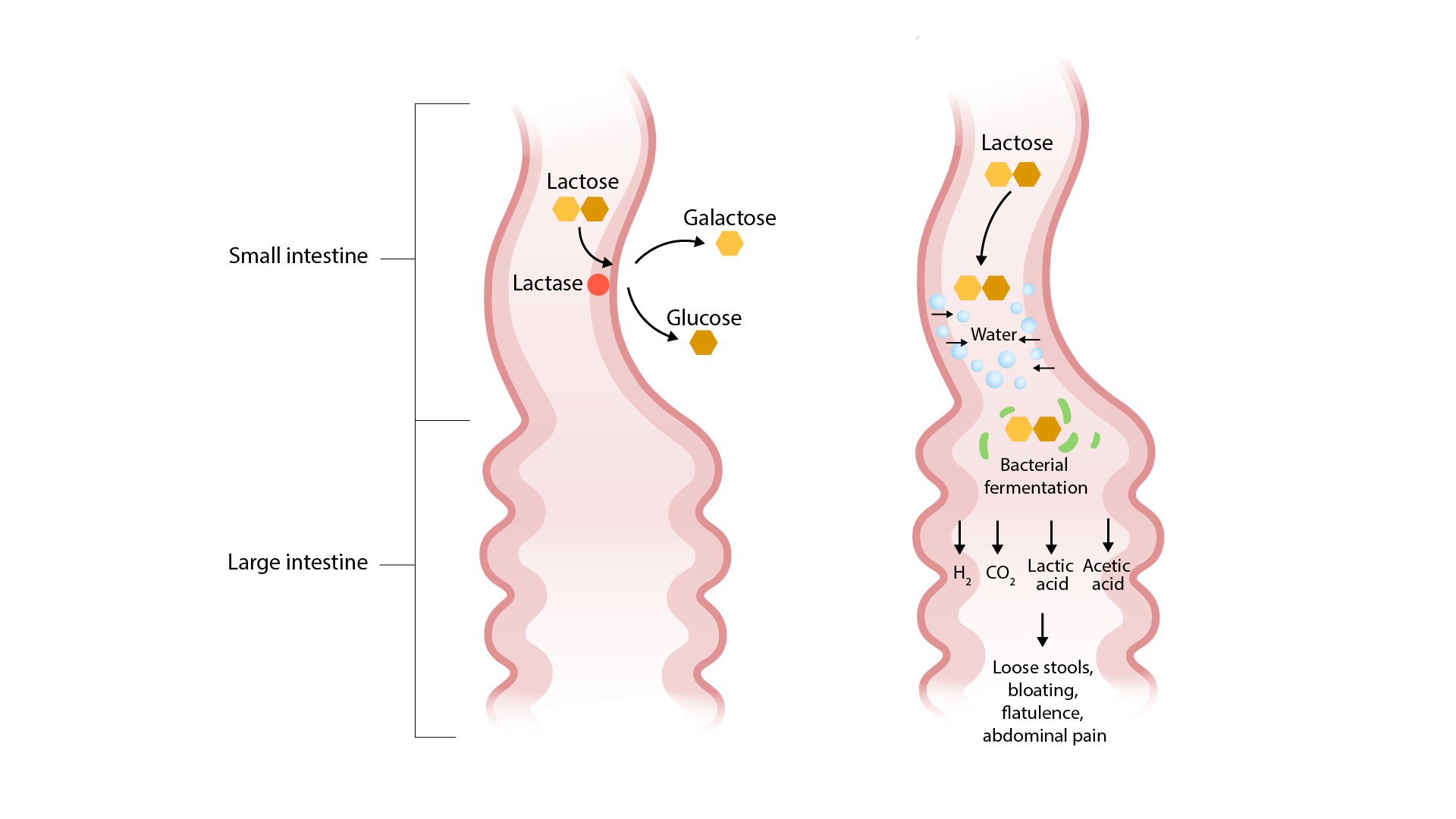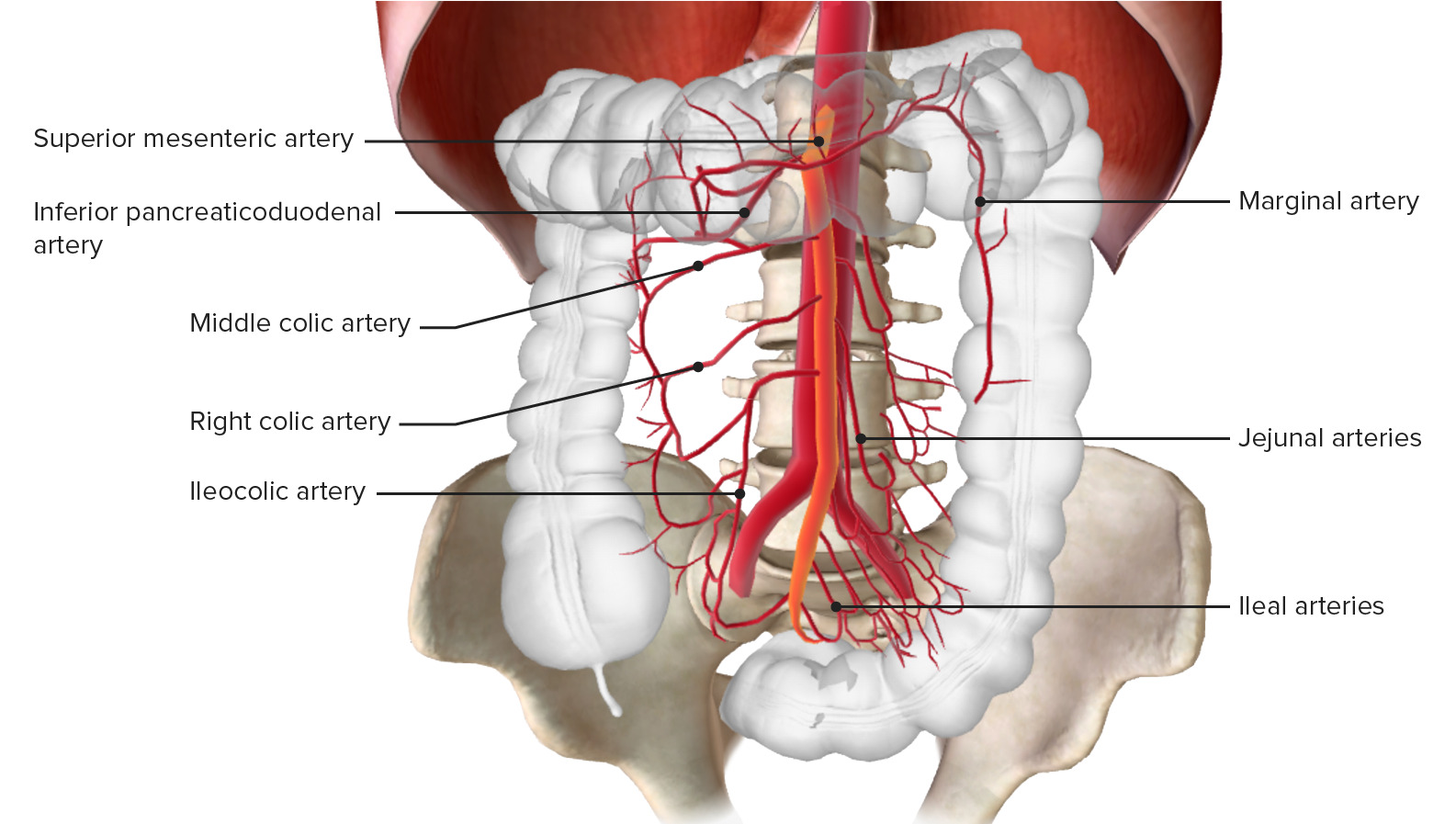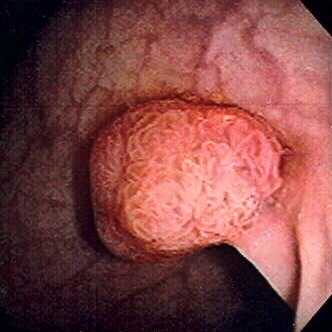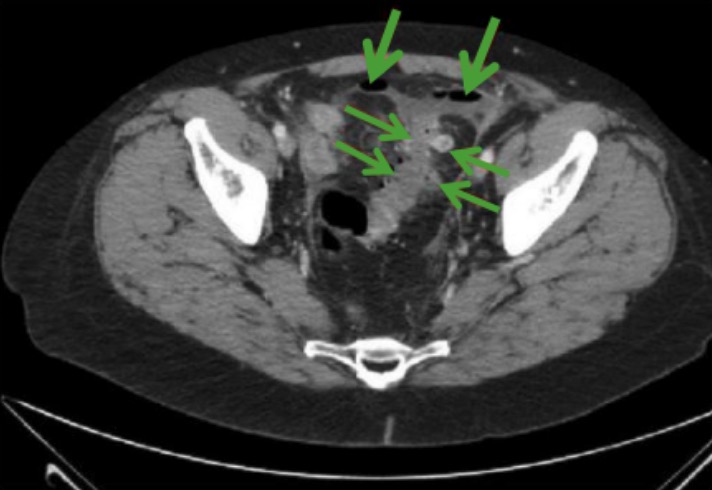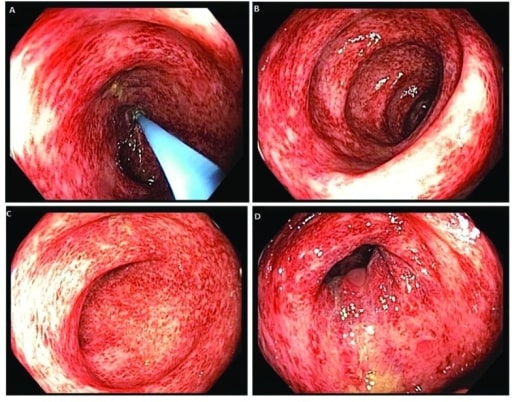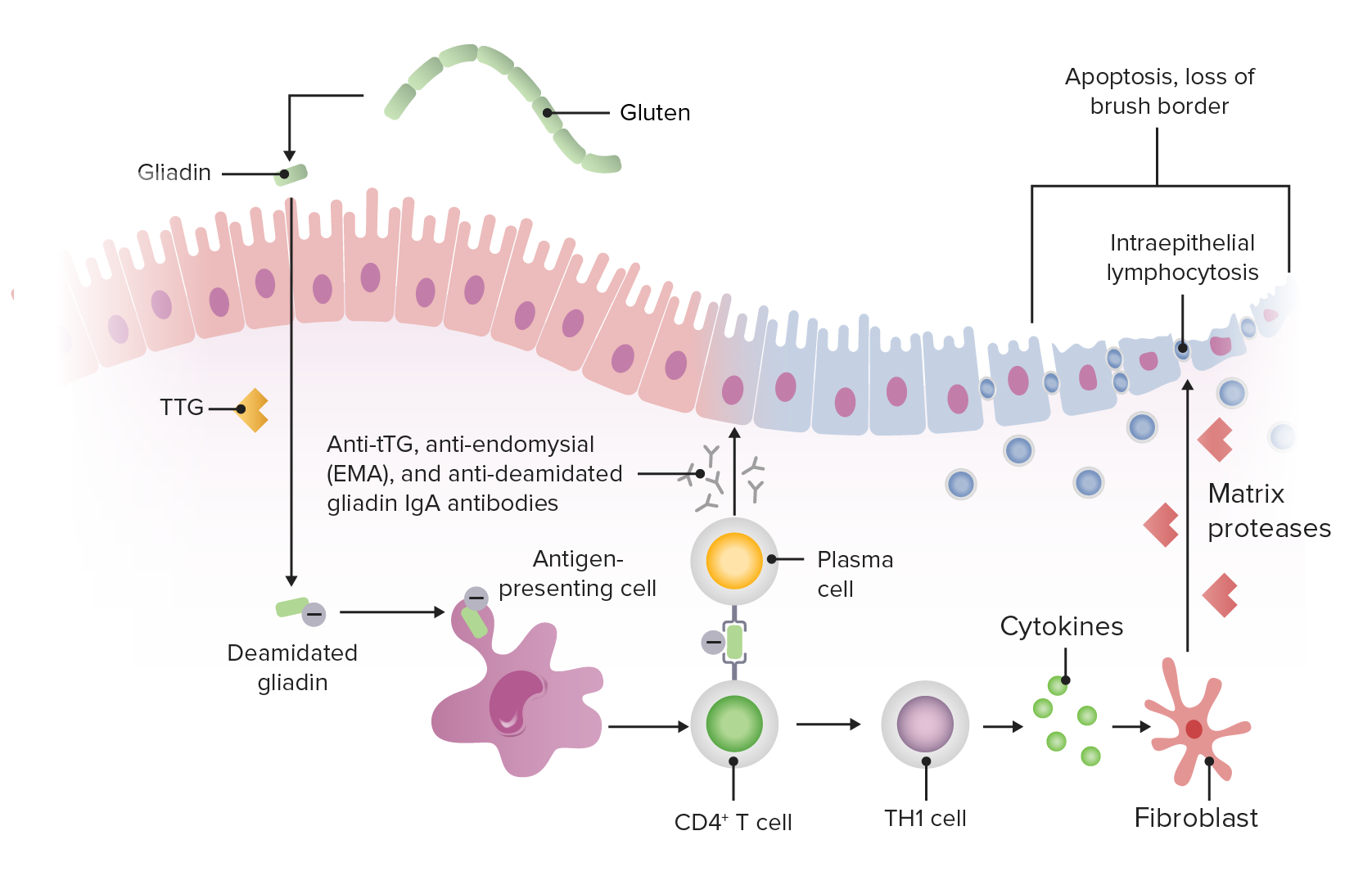

Small and Large Intestines Disorders
by Richard Mitchell, MD, PhDGastrointestinal pathology is an essential area of study for medical students, as it is a common cause of morbidity and mortality worldwide. Four important topics in this area are diarrhea, celiac disease, lactose intolerance, and Crohn's disease.
Diarrhea is a common symptom of many gastrointestinal disorders and can have various causes, including infections, medications, and inflammatory bowel disease. Diarrhea is characterized by the passage of loose, watery stools and can lead to dehydration and electrolyte imbalances. Celiac disease is an autoimmune disorder that affects the small intestine in individuals who have a genetic predisposition. Celiac disease is characterized by malabsorption and inflammation, and its symptoms include abdominal pain, diarrhea, and weight loss. Treatment involves a strict gluten-free diet. Lactose intolerance is a condition where the body is unable to digest lactose, a sugar found in milk and dairy products. Symptoms include bloating, abdominal pain, and diarrhea. Crohn's disease is a chronic inflammatory disorder that can affect any part of the digestive tract. It is characterized by inflammation, ulceration, and fibrosis and can result in complications such as strictures and abscesses. Diagnosis is made through endoscopy, imaging, and biopsy. Treatment depends on disease severity and can include medication, surgery, and lifestyle changes.
Understanding these topics is crucial for medical students, as they are frequently tested on these conditions. Mastery of this material can help ensure success on the exam and prepare future physicians to recognize and treat these common gastrointestinal disorders in their patients.
Course Details
- Videos 33
- Duration 4:34 h
- Quiz questions 127
- Concept Pages 32
